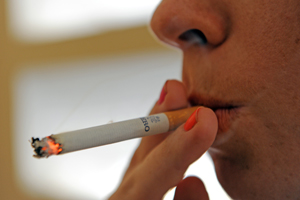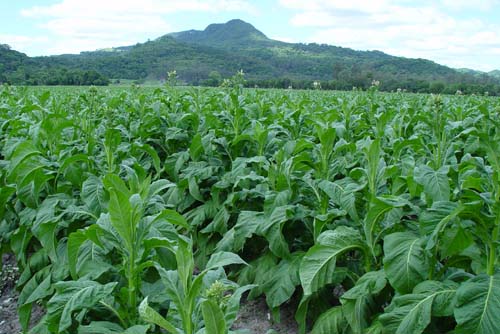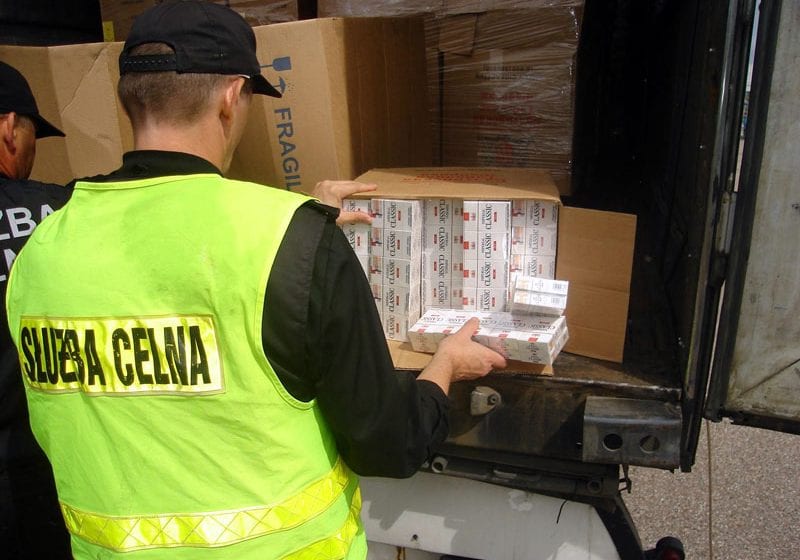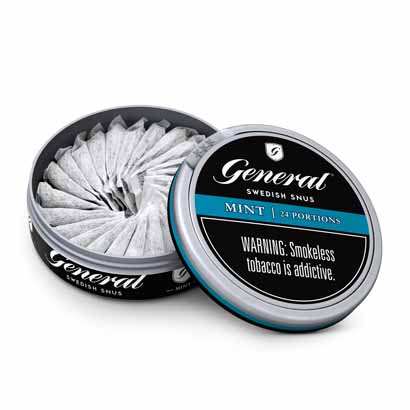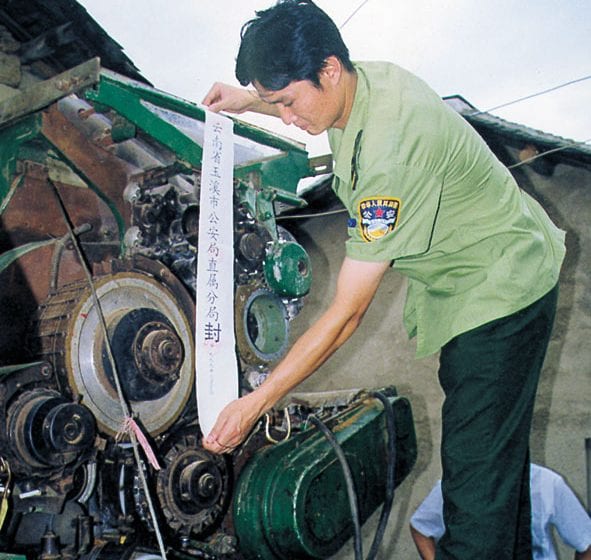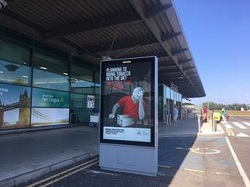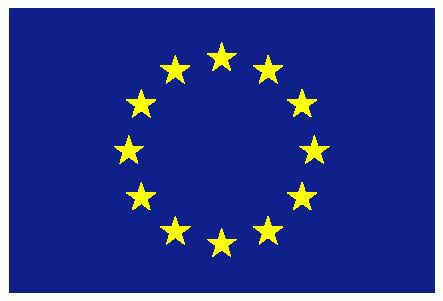A member of the European Parliament (MEP) has expressed concern that the introduction of a tobacco tracking and tracing system could run ‘counter to all business rationale’.
In a preamble to questions posed to the European Commission and that will be answered by the Commission in writing, the Hungarian MEP Norbert Erdős said the purpose of the tobacco tracking and tracing system envisaged in Directive 2014/40/EU was to combat the illegal tobacco trade, which was not only prejudicial to public health and taxation, but also detrimental to the legitimate interests of compliant business operators and lawful tobacco growers.
‘I am concerned, however, that the EU system will be nothing but an isolated solution, as there are no guarantees as to whether third countries, which are sometimes the origin of illicit tobacco products, will introduce a similar system,’ he said.
‘Even if they do, such schemes may not be interoperable with the EU system.
‘Without such guarantees, there is a significant risk that we will be introducing a mechanism of very little (if any) public health and budgetary benefit which runs counter to all business rationale.’
Erdős asked:
* ‘How can the Commission guarantee that the EU tobacco tracking and tracing system will be globally interoperable?’ and
* ‘What consultations are taking place with the WHO Framework Convention on Tobacco Control (FCTC) Secretariat and what internationally recognised standards are being taken into account for this purpose?’


